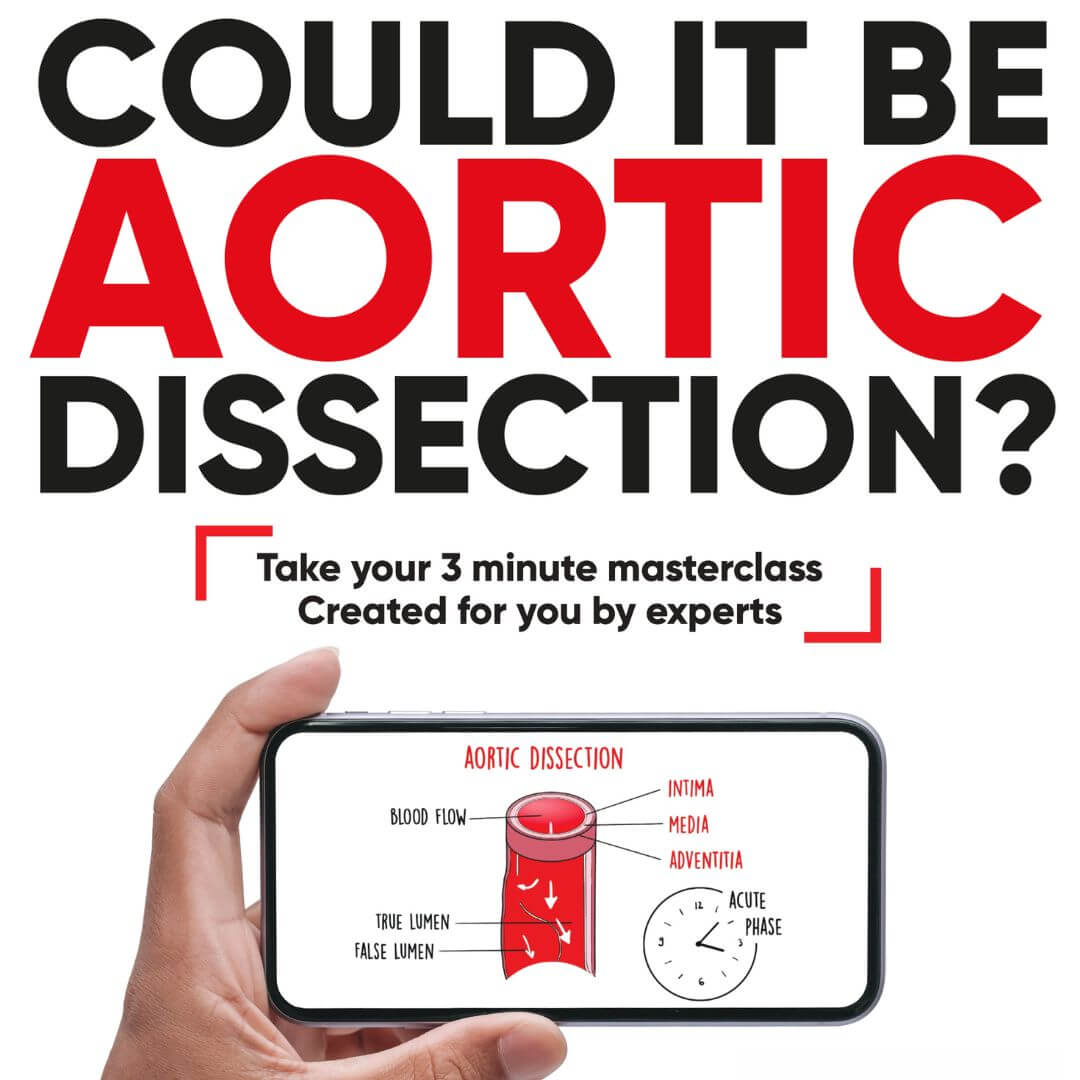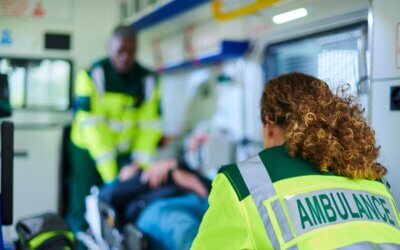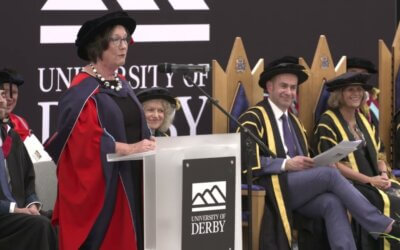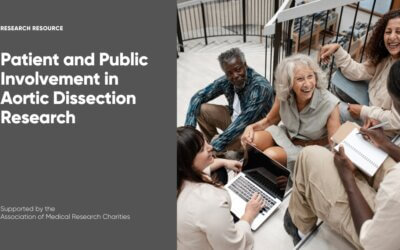Since 2020, the charity has worked in partnership with leading clinicians across Ireland to raise awareness and improve outcomes for those affected by aortic dissection. The charity’s first education event in Ireland, held in 2022, marked a pioneering meeting of expert lectures and hands-on training. Following its success, this work continues with the Irish Aortic Dissection Symposium 2025. Supported by the Royal College of Surgeons in Ireland, the event brought together doctors, surgeons, nurses and paramedics to explore best practice in the diagnosis and management of this life-threatening condition.
This free, CPD-accredited day was designed to improve understanding of aortic dissection across the full emergency care pathway. The morning focused on expert lectures. Topics included how to recognise early symptoms, what happens during a dissection, and how teams can act quickly to provide life-saving care. The afternoon gave delegates the chance to take part in practical training, with three hands-on breakout sessions.
Improving Diagnosis through Research and National Guidance
Dr Aileen McCabe, Consultant in Emergency Medicine at Tallaght University Hospital, discussed how national guidance for aortic dissection was developed. She referenced recent studies, including DAShED and ASES, which have shown the risks of missed or delayed diagnosis. Dr McCabe shared how the loss of Tim Fleming, and the petition started in his memory, led to new protocols at Tallaght. These guidelines have since been adopted nationally. Her talk highlighted how research, advocacy and clinical leadership can work together to change practice and improve patient safety.

Pre-Hospital and Emergency Care
Adrian Schneider, Paramedic and Education Officer with the National Ambulance Service, shared insight into best practice before hospital. He spoke about recognising symptoms in the field and stabilising patients for transport. Dr John Cronin, Consultant in Emergency Medicine at St Vincent’s University Hospital, continued this theme. He described the challenges doctors face in the emergency department and how teamwork and early suspicion are key to improving outcomes.
Building a National Service for Aortic Dissection
Mr Hossein Javadpour, Consultant Cardiac Surgeon at The Mater Hospital, presented a national approach to managing aortic dissection in Ireland. He explained how just four centres serve a population of over five million. Since 2022, a specialist aortic service has been established. This includes a surveillance clinic, surgical team training, and regular multidisciplinary meetings. He spoke of the ongoing challenges but also of promising plans. These include an Irish database, biobank research, patient engagement work and international collaboration.
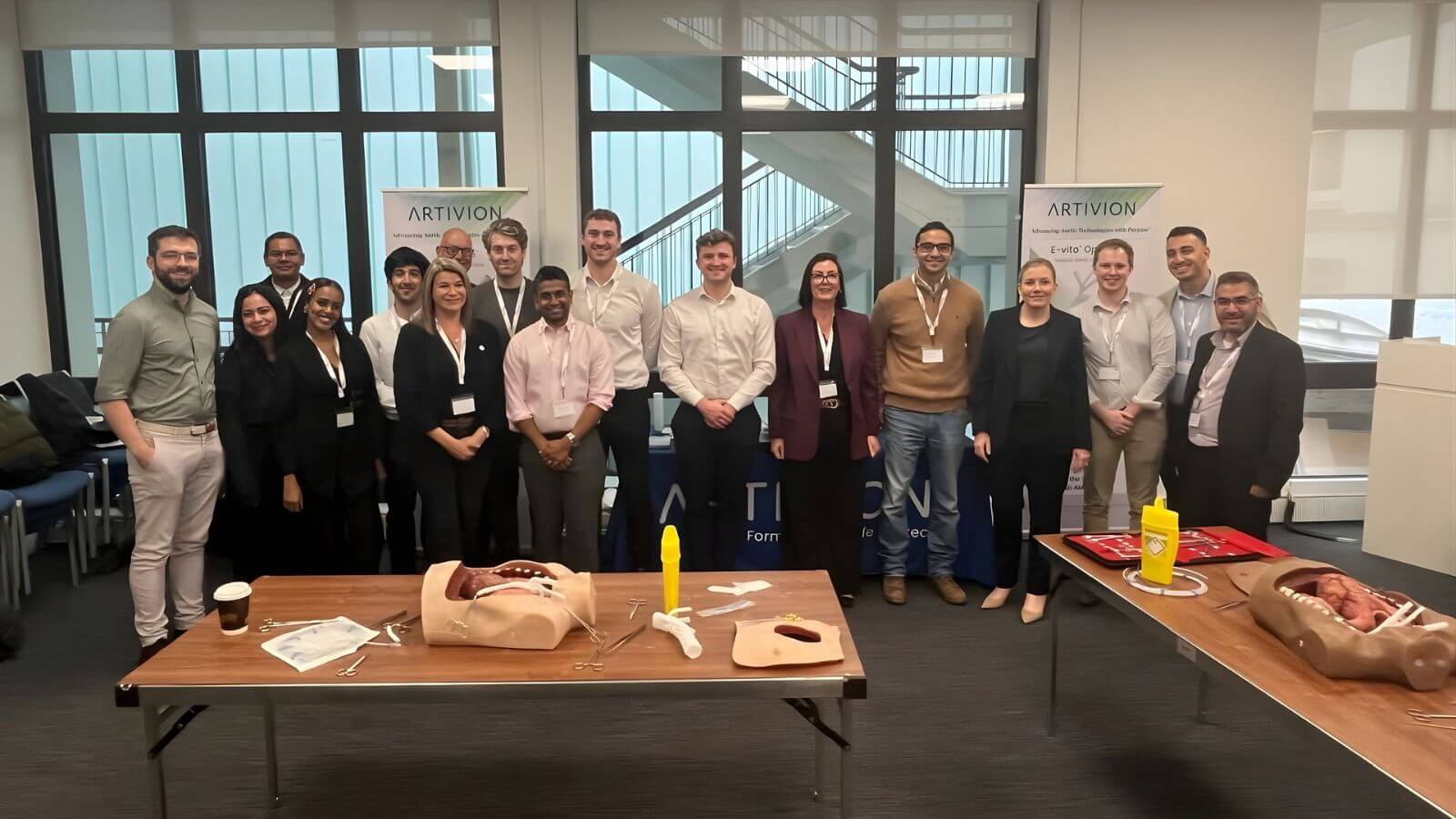
Human Factors in Medicine
Colonel Phil Bonner of the Irish Air Corps gave a powerful presentation on the similarities between aviation and emergency medicine. He focused on decision-making under pressure. He described common cognitive biases, such as anchoring and confirmation bias, and how they affect clinical judgement. It’s clear that improvements in human factors can improve safety and save lives in the ED.
“Once we ‘own’ a decision, we overvalue it and resist abandoning it. Emotional attachment makes changing course feel like a failure. Good teams are the best defence against cognitive bias.”
Colonel Phil Bonner, Irish Air Corps
Innovation in Surgery
The afternoon gave delegates a chance to apply learning through three interactive sessions. Saleem Jahangeer and Katie O’Sullivan, Consultant Surgeon at the Royal Victoria Hospital in Belfast, led a dry lab workshop. With sponsorship from Artivion, surgical delegates practised inserting the E-Vita Open Neo device in a model. Dr Vicky Meighan, Consultant in Emergency Medicine at Tallaght University Hospital, delivered a practical ultrasound course. This session allowed attendees to use point-of-care ultrasound (POCUS) on models. A third session, led by The Case.Report, involved a live simulation. It focused on how to diagnose and manage aortic dissection in real time, from first contact to emergency treatment.
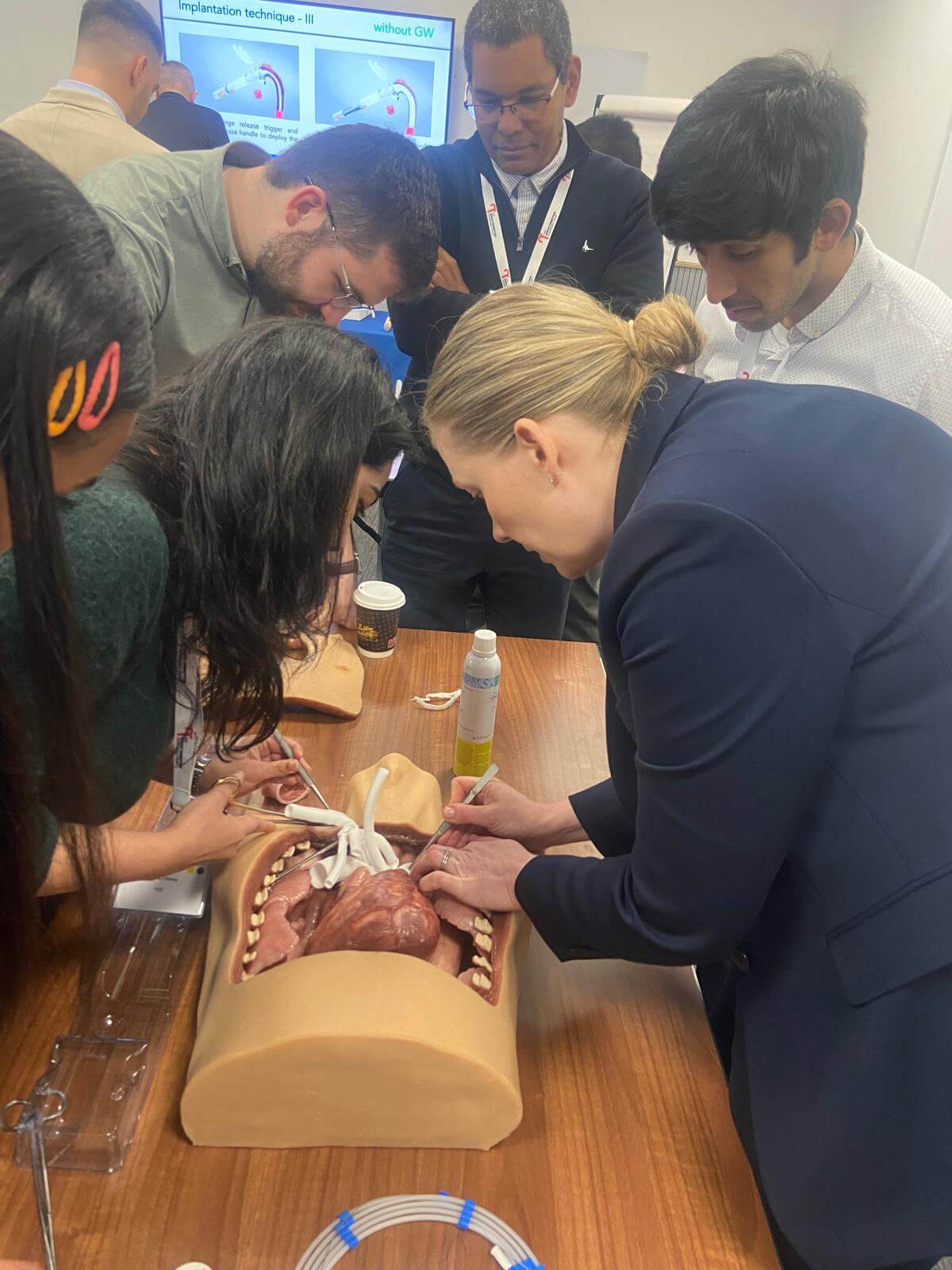
The day brought together experts, front-line clinicians and educators with a shared aim: to reduce harm and save lives. By combining expert insight, hands-on practice and lived experience, the day reinforced the message that early diagnosis, rapid treatment and cross-team communication are vital. As awareness grows, and education continues, Ireland moves closer to a national pathway that offers all patients with aortic dissection the best chance of survival.

